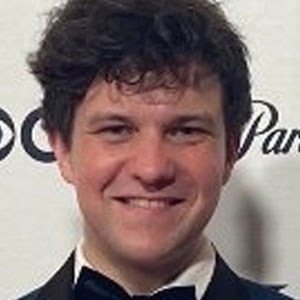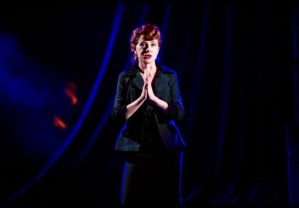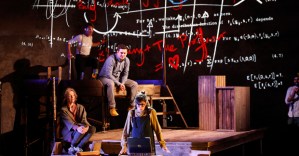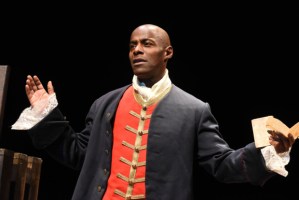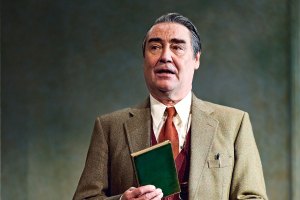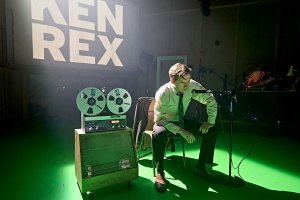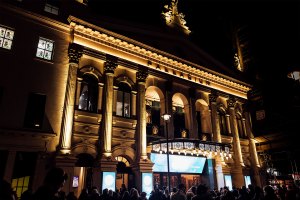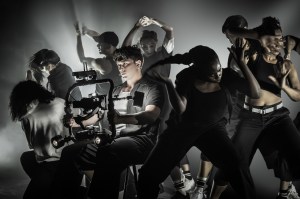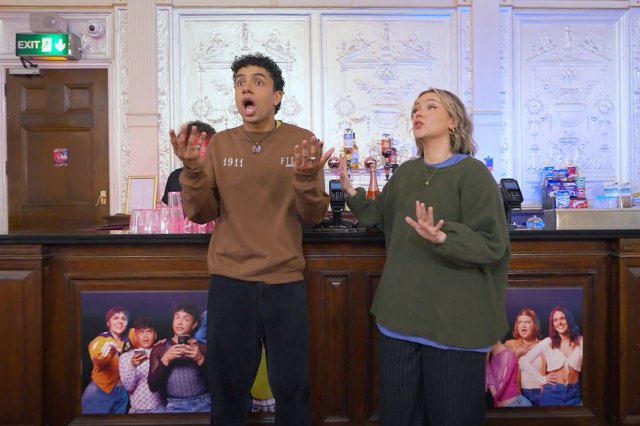Review: The Sweet Science of Bruising (Wilton's Music Hall)
Joy Wilkinson’s play returns after premiering in 2018
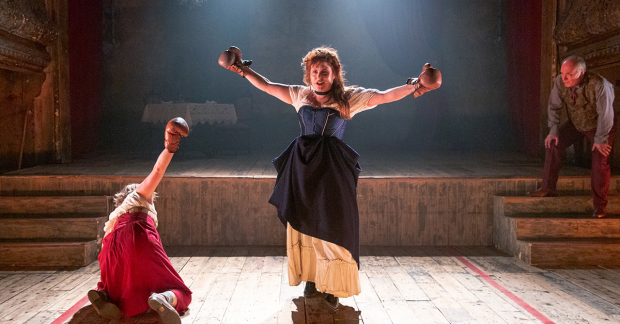
© Mitzide Margary
The interplay between empowerment and entertainment rests at the heart of Joy Wilkinson's The Sweet Science of Bruising, which transfers to Wilton's Music Hall in east London following an initial run at Southwark Playhouse last autumn. Delving into the world of female boxing in the mid 19th century, it charts the lives and fortunes of four women – Violet, Anna, Matty and Polly – as they each step into the ring in spite of pressure from family, friends and society to do otherwise.
Wilkinson has written a deft play here – the first act feels like a Victorian reimagining of Netflix's recent award-winning wrestling serial GLOW as each of the four boxers discovers her love for both performance and punching, drawn towards a dynamic new sport that subverts all expectations.
Act two subtly delves into darker, more brutally realistic representations of the oppressed world women lived in during the 19th century – and the shocks really do land, especially in the final few scenes. Covering class, gender, love, marriage and more, Wilkinson keeps the story neatly ticking over with constant and economic clarity. It really stands out.
It's helped by some stellar performances – particularly Celeste Dodwell as the frustrated and aspiring doctor Violet, capable of both causing wounds and stitching them up, while Emma McDonald as the tragic Anna brings a dignity to a role of constant physical subjugation.
While aesthetically the beautiful, peeling ambience of Wilton's Music Hall suits the story like a well-fitted boxing glove, practically, the space unhelpfully looms over the production. Wilkinson's scenes usually involve three or so characters, creating a lot of absent, wasted space that wouldn't have been a problem at the show's initial, more intimate venue in Southwark. It's a shame, as it distances the audience from the characters – they feel staid, obscured by the softly lilting haze. An in-the-round set-up may have been much more dynamic for the subject matter.
It isn't helped by Max Perryment's distractingly odd composition – jerking from a kind of ode to David Arnold and Michael Price's Sherlock theme music into anachronistic electric guitar rock, with the odd splattering of melancholic piano. It's like something you'd hear in a Mansfield Park serialisation, directed by Guy Ritchie.
Certainly a fist-punching story that's well worth a watch, but sadly not the knock-out it could be.



